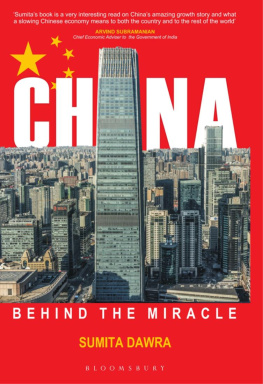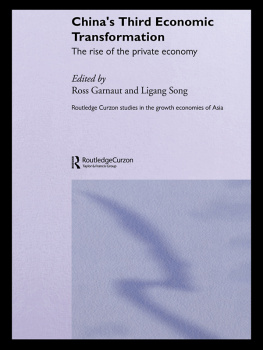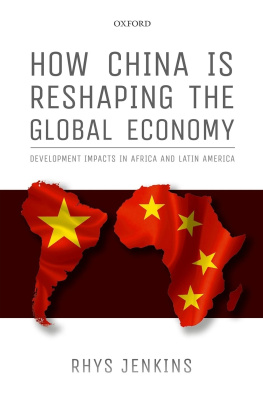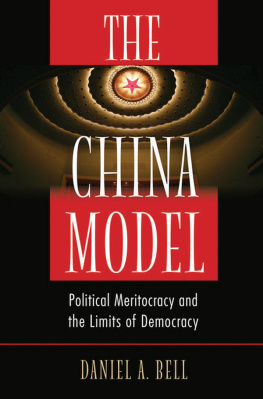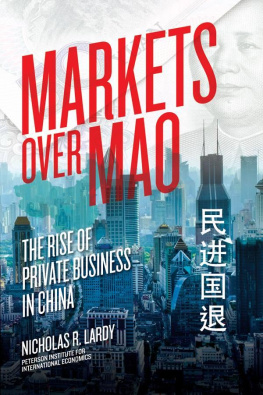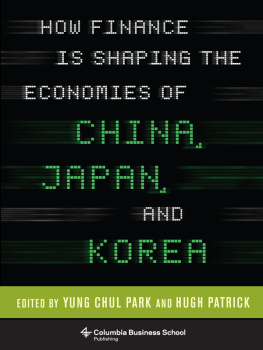Abrami Regina M - Can China lead? : reaching the limits of power and growth
Here you can read online Abrami Regina M - Can China lead? : reaching the limits of power and growth full text of the book (entire story) in english for free. Download pdf and epub, get meaning, cover and reviews about this ebook. City: Boston, Array, Kitajska, year: 2014, publisher: Harvard Business Review Press, genre: Politics. Description of the work, (preface) as well as reviews are available. Best literature library LitArk.com created for fans of good reading and offers a wide selection of genres:
Romance novel
Science fiction
Adventure
Detective
Science
History
Home and family
Prose
Art
Politics
Computer
Non-fiction
Religion
Business
Children
Humor
Choose a favorite category and find really read worthwhile books. Enjoy immersion in the world of imagination, feel the emotions of the characters or learn something new for yourself, make an fascinating discovery.

- Book:Can China lead? : reaching the limits of power and growth
- Author:
- Publisher:Harvard Business Review Press
- Genre:
- Year:2014
- City:Boston, Array, Kitajska
- Rating:5 / 5
- Favourites:Add to favourites
- Your mark:
Can China lead? : reaching the limits of power and growth: summary, description and annotation
We offer to read an annotation, description, summary or preface (depends on what the author of the book "Can China lead? : reaching the limits of power and growth" wrote himself). If you haven't found the necessary information about the book — write in the comments, we will try to find it.
In this thought-provoking book, noted China experts from Harvard Business School and the Wharton School assert that while China has experienced remarkable economic growth in recent decades (nearly 10 percent for more than thirty years), it now faces major challengestests that could shift the countrys political and economic trajectory.
A lack of accountability, transparency, and ease of operating in Chinacombined with growing evidence of high-level corruptionhas made domestic and foreign businesspeople increasingly wary of the China model. These issues have deep roots in Chinese history and the countrys political system.
Regina M. Abrami of the Wharton School and William C. Kirby and F. Warren McFarlan of Harvard Business School contend that the countrys dynamic private sector could be a source of sustainable growth, but it is constrained by political favoritism toward state-owned corporations. Disruptive innovation, research, and development are limited by concerns about intellectual property protection. Most significant of all is the question of Chinas political future: does a system that has overseen dramatic transformations in recent years now have the capacity to transform itself?
Based on a new and popular course taught by the authors at Harvard Business School, this book draws on more than thirty Harvard Business School case studies on Chinese and foreign companies doing business in the region, including Sealed Air, China Merchants Bank, China Mobile, Wanxiang Group, Microsoft, UFIDA, and others.
Can China Lead? asserts that China is at an inflection point that cannot be ignored. An understanding of the forces that continue to shape its business landscape is crucial to establishingand maintaininga successful enterprise in China.
Abrami Regina M: author's other books
Who wrote Can China lead? : reaching the limits of power and growth? Find out the surname, the name of the author of the book and a list of all author's works by series.

